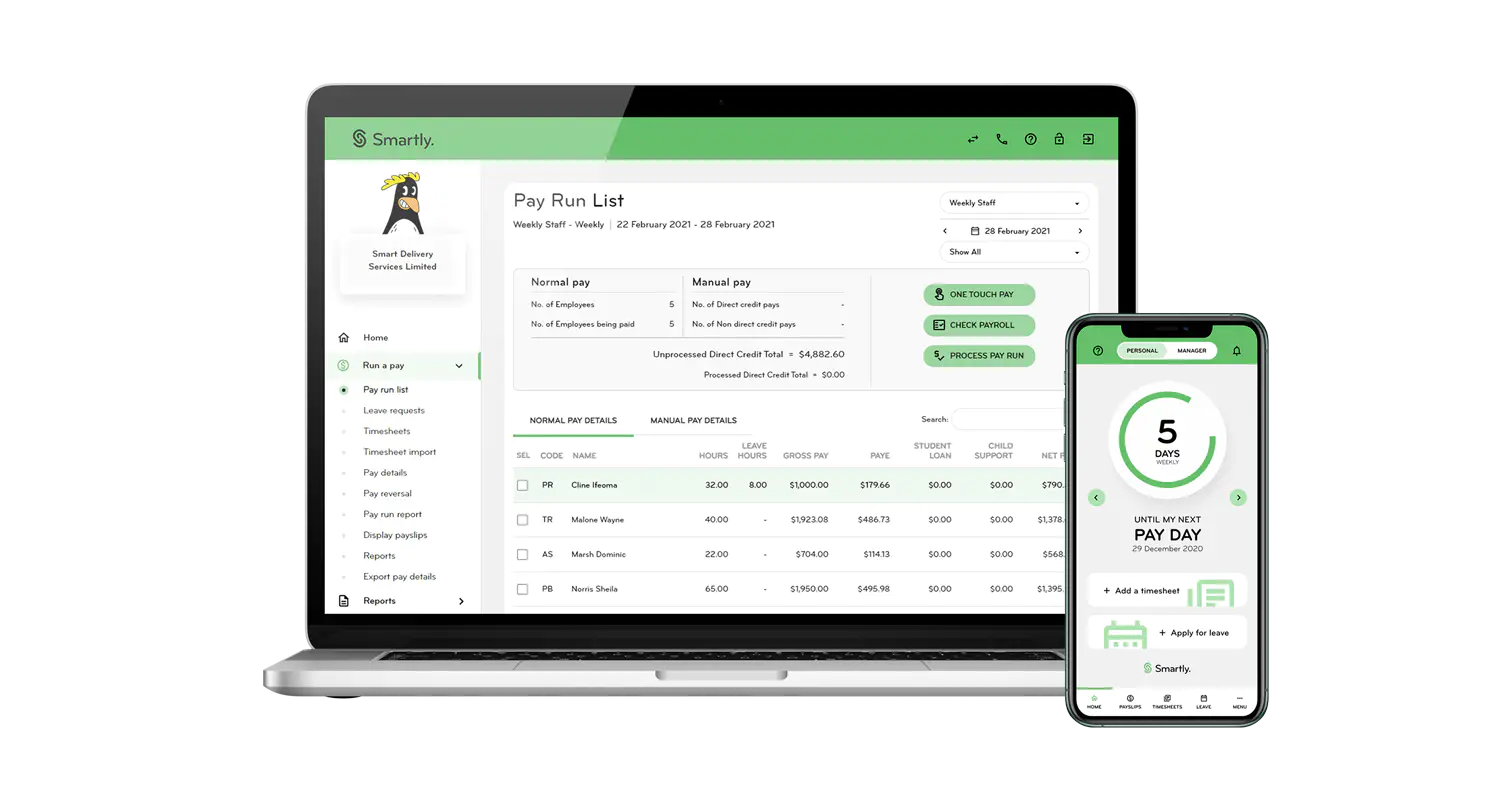Paying your staff correctly is one of your most important responsibilities as an employer.
However, payroll can be complex! With deductibles, varied wages and salaries, and changing IRD requirements, it can be confusing figuring out employee wages every pay cycle.
In this guide, we’ll go through your basic employer payroll requirements, the different types of employee payments, minimum wage requirements in New Zealand, as well as a few tips to help you pay the correct wages every time.



.png/_jcr_content/renditions/optimized.webp)
